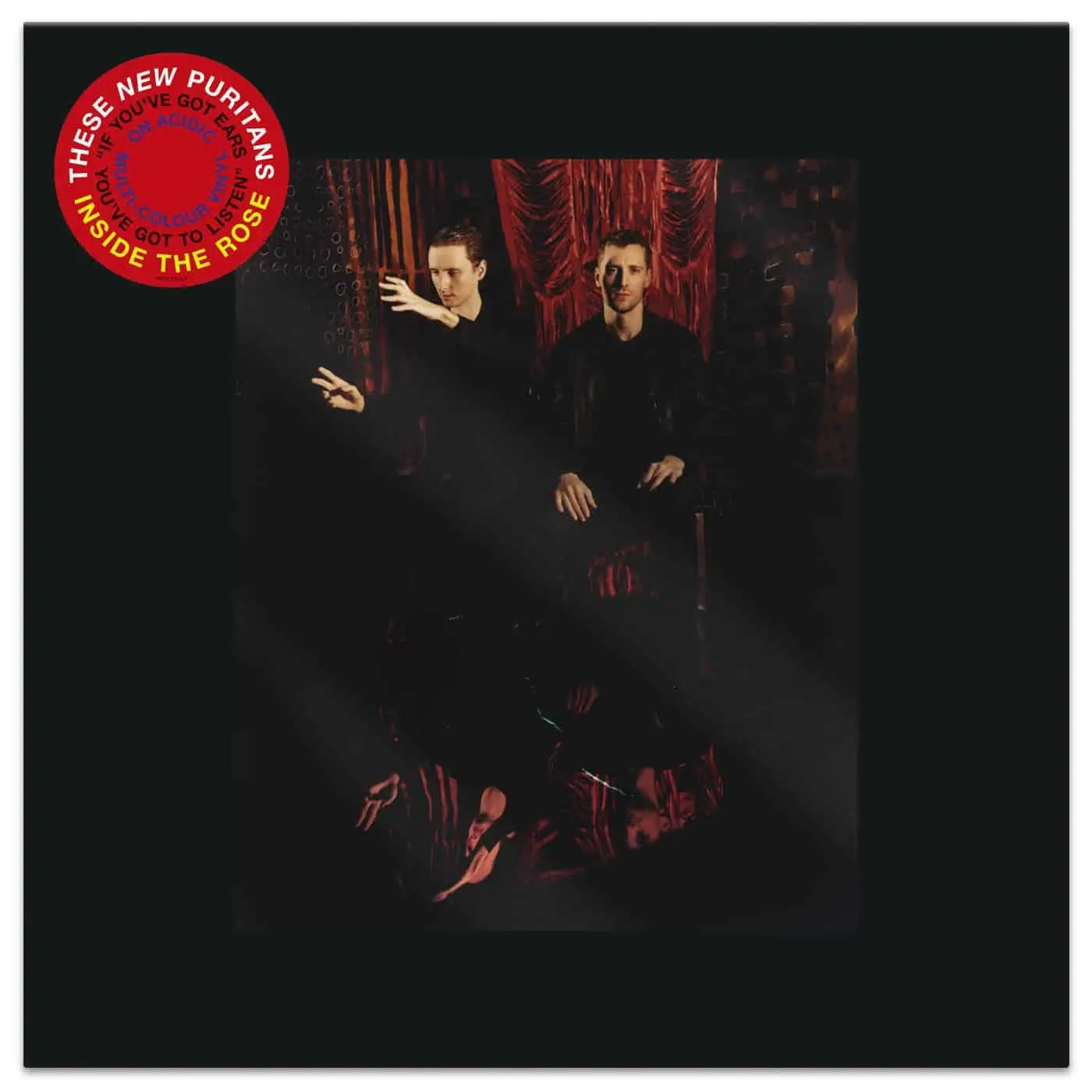News
These New Puritans - Beat Pyramid
4 StarsOne could be forgiven for thinking that this release would initiate their consignment to indie iniquity; but nothing could be further from the truth.
It is exceptional for a band to portray their selves with the same degree of impassive arrogance that These New Puritans do, and still produce a debut album of such blistering originality. In the weeks preceding ‘Beat Pyramid’’s release, These New Puritans have repeatedly voiced a total lack of interest in the value of press and public opinion through a series of elliptical and quite frankly baffling interviews. Coupled with some recent lacklustre performances in which lead singer Jack Barnett has fallen asleep on stage, one could be forgiven for thinking that this release would initiate their consignment to indie iniquity; but nothing could be further from the truth.
And although much of the confusion surrounding the band is undoubtedly a result of poor self-representation, many lazy comparisons have appeared in the press regardless; mostly - and erroneously- to The Fall. Granted - the band are fans and Jack’s stand offish attitude toward the press is in some way reminiscent of Mark E. Smith’s, but the two groups are really miles apart.
While ‘Beat Pyramid’ contains similar thematic preoccupations as The Fall, including repetition, literature, history, the supernatural and an overall incoherence of expression, These New Puritans lack too much of the charisma, humour and folk narratives to derive a traceable element to their heroes. The album is eclectic, - certainly- encompassing influences from grime, indie, garage rock to funk, but it is presented in such a cold, dry and calculating manner that it defies any such comparison; These New Puritans are a truly original act.
As previously suggested, ‘Beat Pyramid’ is haunted by certain ideas, and none more so than by the notion of signification and its decay. The lyrics are riddled with the bulletholes of meaning, leaving only the hollow impressions of its existence for the listener to discern. And although such lofty notions are appropriately only alluded to, these are eventually made explicit through single ‘Elvis’, where Jack promises to ‘tell you all of my secrets’ and then nervously retracts, claiming he can’t find the words.
But these concepts are not confined to verse. Musically, this tension between representation and essence is reflected in the relationship between the album’s repetitious focus on rhythm and the diversity of its sound. For much of it, as for example in ‘Numerology’ or ‘C .16’, the bass, guitars and drums recapitulate alternately between sharp angular bursts of tempo and loud, over whelming thudding beats. In contrast, the numerous musical influences, while built around this order, challenge this rigidity. Yet both elements blend to form a whole, affirming one another’s difference in the process and creating a fluidity of expression as a result.
There are of course limits to this album’s challenging approach. The more serene moments such as in ‘Doppleganger’, a trip-rock instrumental that really serves little purpose and ‘4’, which essentially is eight seconds of accidentally recorded background noise, do nothing to add to this relatively short debut. Yet these moments are to be forgiven. ‘Beat Pyramid’ is a triumph of pop-conceptuality, and in spite of its at times over bearing nature, that will no doubt send music-anoraks scuttling to Wikipedia to check the lyrics for references to John Dee, is actually a very accessible album, that should be praised for the simplicity of its articulation as much for the complexity of its substance.
Read More

These New Puritans share ‘Beyond Black Suns’ video
The Barnett brothers have also announced a special one-off show at the Barbican.
3rd October 2019, 12:00am

Green Man Festival Releases Third Wave of Acts
The Big Moon, Villagers, Self Esteem and more have been added to the line-up.
9th July 2019, 12:00am
With Bob Vylan, St Vincent, girl in red, Lizzy McAlpine and more.

![<strong>These New Puritans - Hidden [MMXX]</strong> (Vinyl LP - black)](https://api.roughtrade.com/media/thumbnails/products/b7c24d4f-a5a2-4a18-81a7-88ed346ef3b9_thumbnail_2048.webp)







